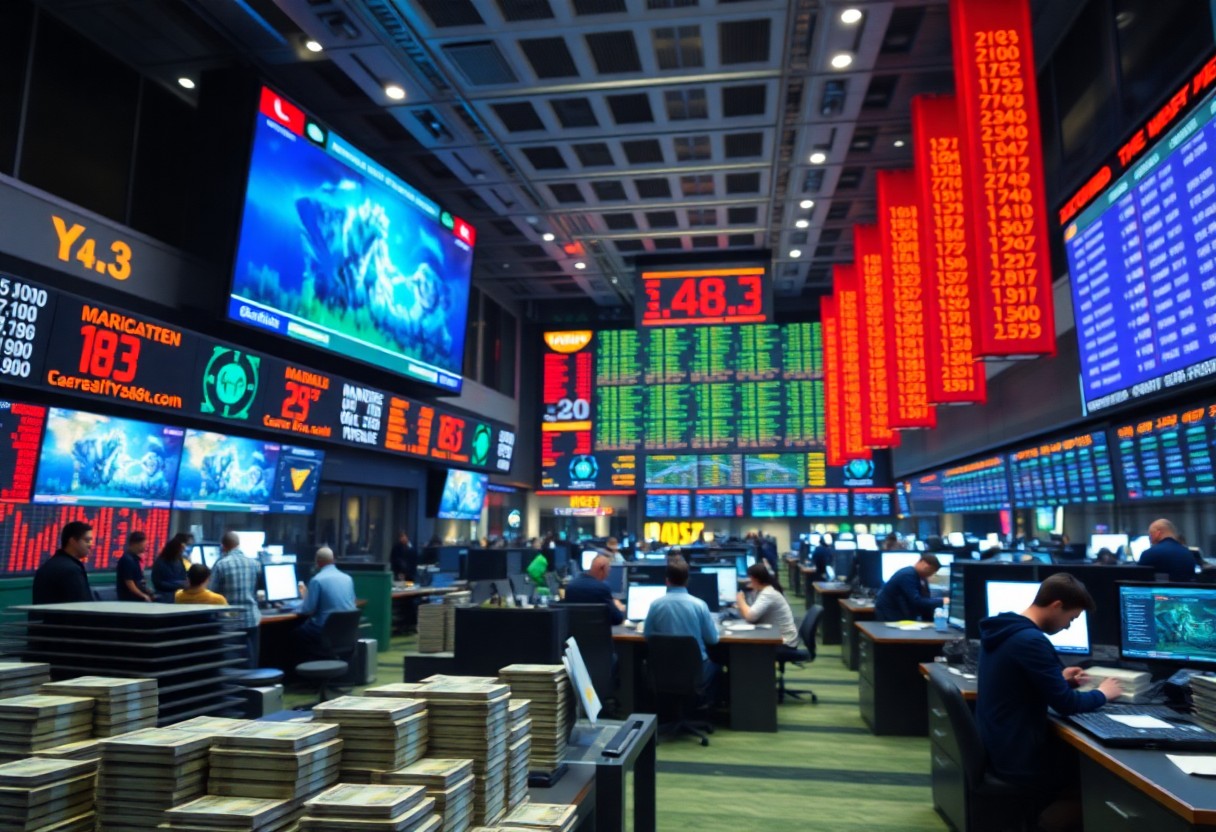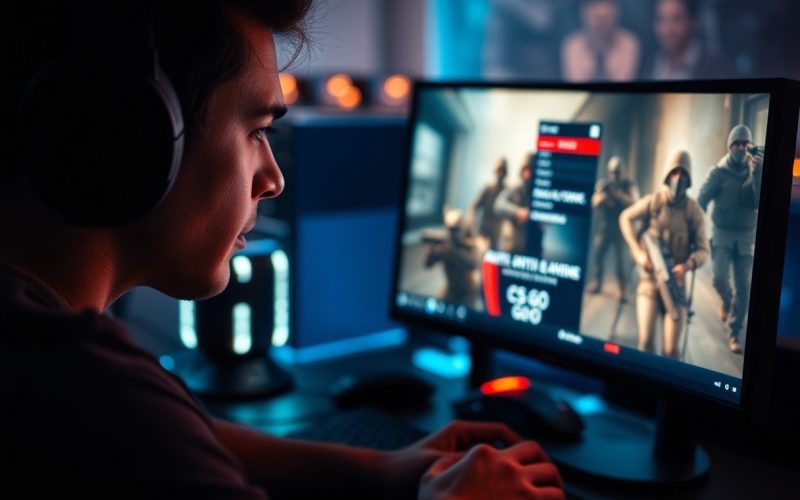Markets in the gaming industry have evolved significantly over the past decade, giving rise to an array of new trading platforms. Among these, CS2 (Counter-Strike 2) trading markets have gained remarkable attention but are often misunderstood. These platforms function similarly to stock exchanges, allowing users to trade in-game items, but they operate without formal licensing and regulatory oversight.
The similarity between CS2 trading markets and stock exchanges is profound. In traditional stock markets, individuals can buy and sell shares of companies, influencing the market value of those companies based on demand and sentiment. Likewise, in CS2 trading markets, players buy and sell virtual items such as weapon skins, which can have considerable value. The prices fluctuate based on rarity, demand, and market trends, mimicking the dynamics seen in conventional finance.
One of the critical differences, however, lies in the absence of regulation. Unlike stock exchanges, which are governed by financial authorities to ensure fairness and transparency, CS2 trading markets operate informally. Players are often left to navigate the risks associated with their trades without regulatory protection. This lack of oversight raises significant concerns regarding market manipulation, fraud, and the potential loss of value in traded items.
The impact of unregulated markets extends to players who invest substantial amounts of money in virtual goods. While some individuals may enjoy considerable success trading items, others face losses due to the volatile nature of the market. Scams, such as fake listings or phishing attempts, are prevalent, exposing players to financial threats. The unlicensed nature of these markets contributes to an environment where there are few consequences for dishonest activities.
Additionally, CS2 trading markets often lack the safeguards present in established financial institutions. In regulated markets, fluctuations in stock prices are subject to rules that mitigate extreme volatility. In contrast, the unpredictable nature of CS2 item valuations can lead to drastic price changes, often in a matter of hours or minutes. This volatility can be attractive to speculators looking for quick profits but can also deter casual players who may be risk-averse.
Furthermore, the issue of ownership raises questions about the legitimacy of these markets. While players own the items they acquire, the terms of service for many games state that the company retains ultimate authority over the items. This ambiguity complicates the notion of true ownership, making players cautious when engaging in trading activities. The concern is that developers could, at any time, decide to change the rules, impacting item values drastically.
In the final consideration, while CS2 trading markets offer players the opportunity to engage in a dynamic trading experience akin to stock exchanges, the lack of regulation poses significant challenges. Players must navigate these unlicensed markets with an understanding of the risks involved, including potential fraud and volatility. Education and awareness are important for those participating in these markets, as the landscape remains murky and laden with uncertainties. As the gaming industry continues to grow, the future of these trading platforms will necessitate scrutiny and possibly regulatory intervention to ensure consumer protection and market integrity.







